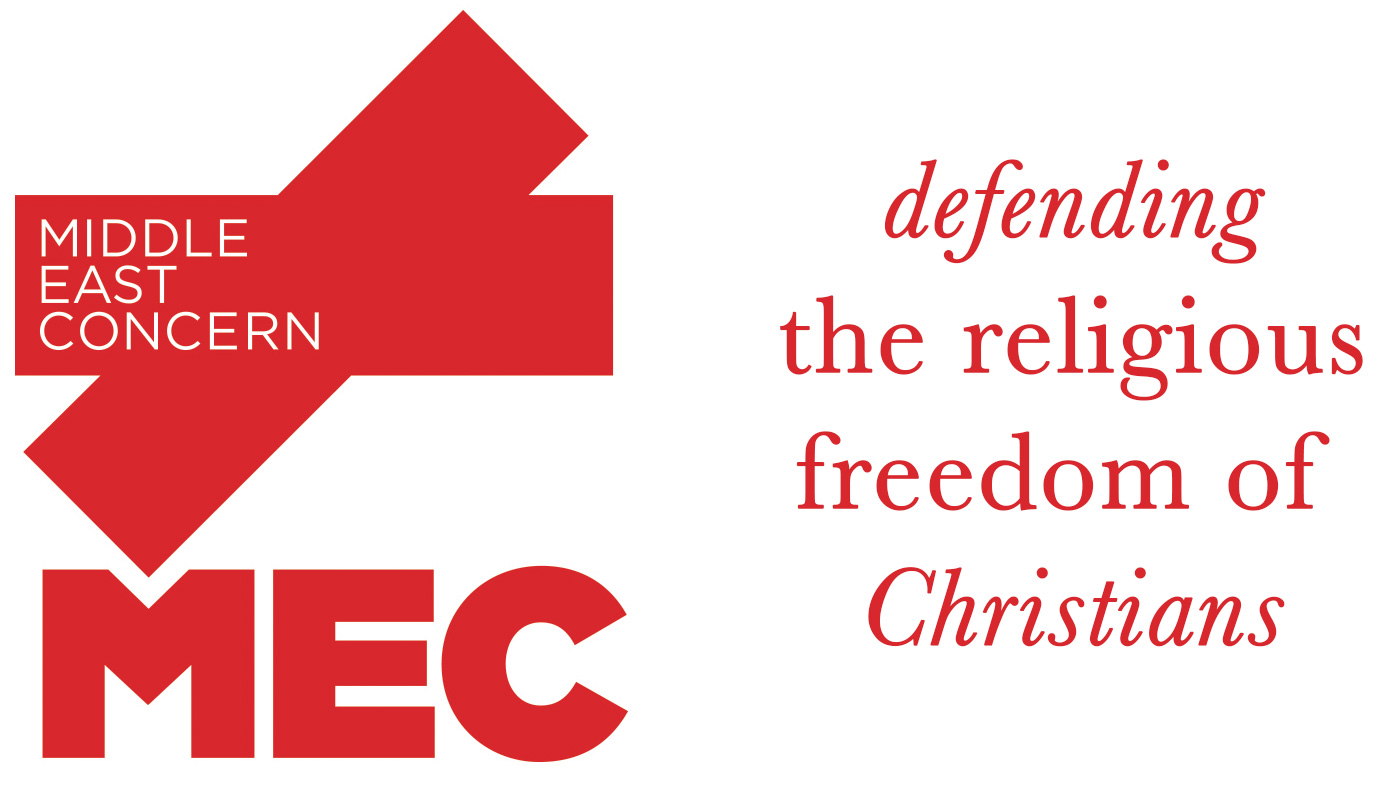
Qatar’s population is estimated to be 2.75 million, of whom around 12% are citizens and the remainder expatriates. It is estimated that approximately 16% of the migrant population is Christian. Qatari citizens are all assumed to be Muslims, 90% Sunni and 10% Shi’a. Officially recognised churches with buildings on land granted by the Emir in 2005 are the Roman Catholic, Greek Orthodox, Syriac Orthodox, Coptic Orthodox, Indian Protestant and Anglican churches. The Filipino Evangelical and Maronite Churches have also been granted land; construction of the Maronite church commenced in April 2018 with the laying of the foundation stone by the Maronite Patriarch during an official visit to Qatar s. Other Christian groups may operate under the umbrella of one of these recognised churches.
The constitution of Qatar enshrines Islam as the religion of the State and Islamic law as a main source of legislation. The constitution affirms the principle of non-discrimination, including on the basis of religion. It guarantees freedom of religious practice provided that public order and morality are maintained. The Abrahamic religions (Judaism, Christianity and Islam) are legally recognised. Under applicable Islamic law, Muslims are effectively prohibited from changing their religion. Non-Islamic proselytism is strictly prohibited and is punishable by prison sentences of five or ten years depending on whether the proselytism was undertaken in a personal capacity or on behalf of a group – though in recent years the government has preferred to deport without legal proceedings those suspected of proselytising. Islamic personal status laws apply for citizens, and Islamic custody provisions apply to non-Muslims as well as Muslims. The Christian churches are regulated by the Ministry of Foreign Affairs; a minimum membership requirement (1,500) must be met before recognition is considered. The importation of non-Islamic religious materials is permitted for recognised groups, though it is strictly monitored and regulated.
In May 2018 the Qatari government approved the accession of Qatar to the International Covenant on Civil and Political Rights (ICCPR) and submitted relevant documents to the United Nations. The ICCPR upholds the right to freedom of religion, including the right to hold a religion of one’s choice and the right to manifest that religion (Article 18). It also upholds the rights of minorities and the principle of non-discrimination. However, Qatar’s accession documents contain reservations that give primacy to Islamic law, including in matters relating to gender equality, religious freedom and marriage.
Expatriate Christians enjoy considerable freedom in Qatar, provided that their activities are restricted to designated compounds and, in particular, that they avoid interaction with Muslims that could be construed as proselytism. In recent years there have been several cases of expatriate Christians being deported, it is assumed because of activities considered to have been proselytism (though for most deportations no reasons are stated). The recognised churches find their current facilities inadequate; the ‘Religious Complex’ is typically overcrowded on days of worship as churches seek to accommodate multiple congregations of various nationalities and languages. Robust security arrangements at the Religious Complex facilitate enforcement of a strict entry ban on Muslims, except where prior permission has been granted. Qatari nationals or other Muslims who choose to leave Islam are likely to face strong family and societal pressure. In extreme cases those who leave Islam can face violent responses from family members. In principle, those considered apostates face severe sanctions under Islamic law, including the death penalty.
